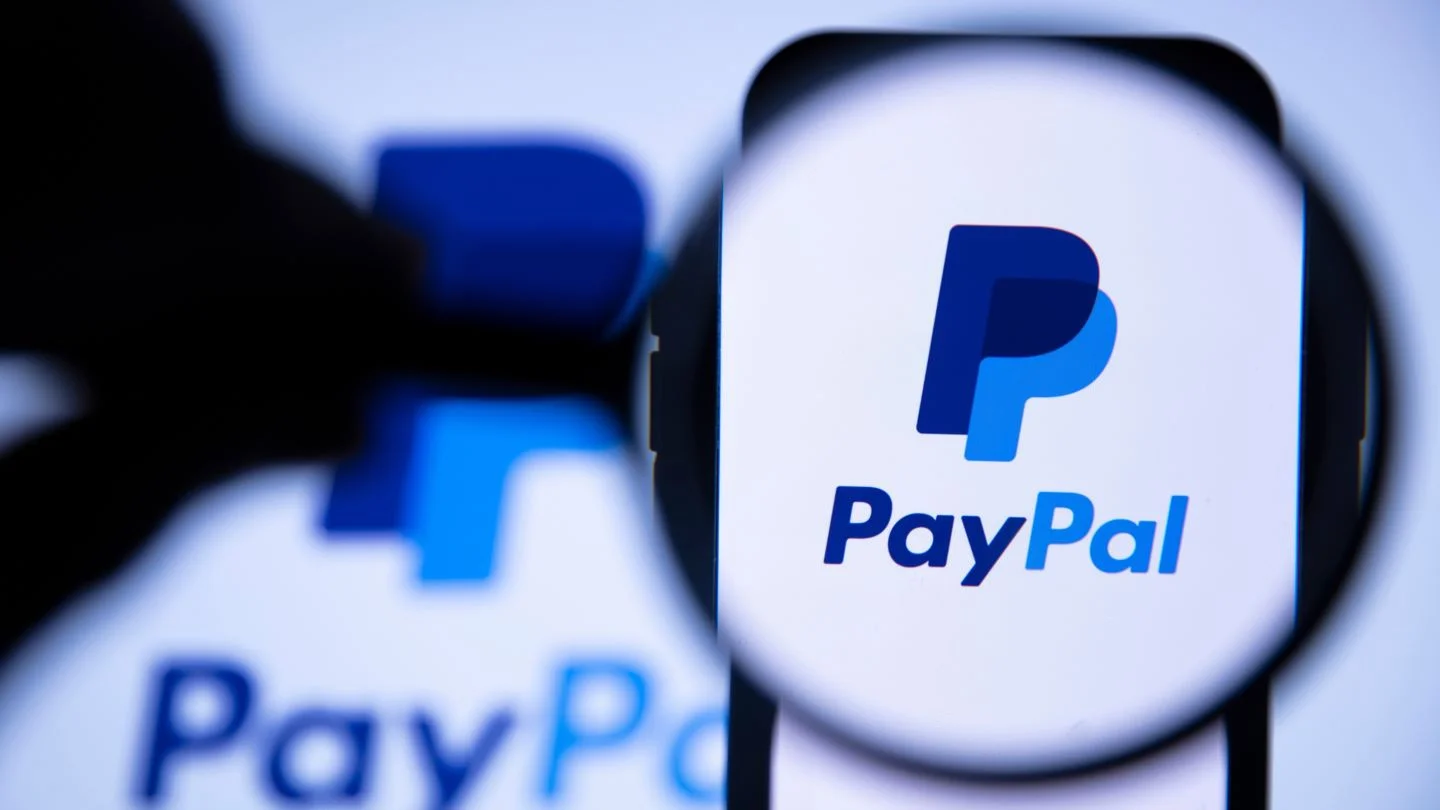PayPal reinstates its money-pooling feature, enabling users to collect and manage funds for shared goals or expenses collaboratively
The primary narrative
Making group purchases is significantly simpler with PayPal.
PayPal is introducing new features that enable users to pool money with friends or family to pay for vacations, travel, gifts, and other expenses. And most notably, individuals who contribute to the pool are not required to have a PayPal account in order to contribute their fair share.
PayPal had a pooling feature in existence as early as 2017, but the service was globally discontinued in November 2021.
A PayPal spokesperson informed TechCrunch that the feature is being reinstated “as a result of significant customer demand” and will be available in the United States, Germany, the United Kingdom, Italy, and Spain prior to the holiday season.
Analysis of the week
After filing a draft registration statement with the U.S. Securities and Exchange Commission in confidence, Klarna is on its path to becoming a public company.
The buy-now, pay-later colossus achieved a substantial valuation of over $45 billion by 2021 after launching in the United States in 2015.
However, this figure rapidly declined to $6.5 billion as a result of market “corrections” in the midst of a challenging environment for technology IPOs. However, Klarna’s valuation has reportedly increased to $14.6 billion as a result of an investor’s increase in its stake.
The number of shares that will be offered and the price range of the IPO are still unknown; however, the announcement suggests that Klarna is likely to go public in the first half of 2025.
Dollars and Pence
MakeMyTrip, an Indian travel and hospitality aggregator, has reached an agreement to acquire Happay, an expense management platform, from fintech company CRED. But in 2021, CRED acquired Happay for $180 million; the financial terms were not disclosed.
In April, Kintsugi, a sales tax automation firm, secured a $6 million Series A round, which valued the company at $40 million. The company has reopened the round, doubling its valuation to $80 million and acquiring an additional $4 million in capital.
TechCrunch was informed by Socium, a company based in Senegal, that it has secured $5 million in pilot funding to support the expansion of its HR solutions business in Francophone Africa.
Minu has successfully completed a $30 million Series B round of funding, which QED led. This round aims to assist the employee benefits startup in further expanding its sales and customer success presence throughout Mexico and implementing new HR tools.
As the Dutch investor seeks to concentrate more on India, Prosus intends to list fintech firm PayU in 2025. The market has been characterized as a pillar for its investment business following Swiggy’s stellar listing, which resulted in gains of $2 billion.



